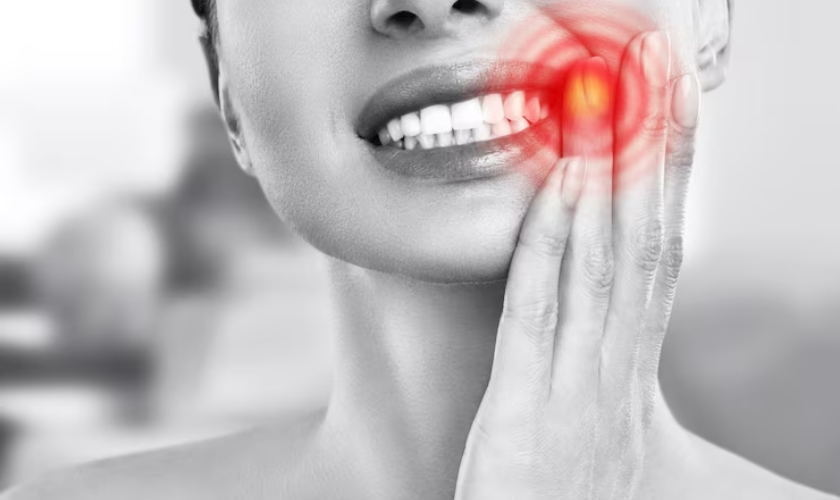
The Importance of Pediatric Dentistry for Your Child’s Smile
March 9, 2023
Pediatric Dentistry
Parents want the best for their children, and ensuring good oral health is a crucial part of that. Pediatric dentistry plays an essential role in keeping your child’s smile bright and healthy. As parents, it can be tempting to think that baby teeth don’t matter much as they will eventually fall out anyway. However, this couldn’t be further from the truth! In fact, nurturing proper dental habits at a young age sets the foundation for lifelong oral health. In this blog post, we’ll explore why pediatric dentistry is so vital to maintaining your child’s dazzling grin – read on to learn more!
The Different Stages of Pediatric Dentistry
Pediatric dentistry is an important area of dental care that focuses on the oral health of infants, children, and adolescents. Pediatric dentists are specially trained to meet the unique dental needs of growing patients.
The American Academy of Pediatric Dentistry (AAPD) recommends that children see a pediatric dentist when their first tooth appears, or no later than their first birthday. The AAPD also recommends that children have a regular checkup at least every six months.
During a child’s first visit to the dentist, the dentist will:
- Conduct a thorough medical and dental history review
- Examine the teeth, gums, and mouth for any problems
- Discuss preventive strategies with the parents or guardians
The following are some common treatments provided by pediatric dentists:
- Dental sealants: A thin coating applied to the chewing surfaces of the back teeth to prevent cavities.
- Fluoride therapy: A treatment used to help prevent cavities
- Dental cleanings: Professional cleanings to remove plaque and tartar build-up
- Fillings: Used to treat cavities
- Crowns: Used to protect a tooth that has been damaged or is at risk for damage.
- Root canals: Used to save a tooth that has become infected.
- Extractions: Used to remove teeth that are damaged beyond repair
- Orthodontic treatment: Used to correct alignment issues with the teeth
Why Pediatric Dentistry is Important?
Pediatric dentistry is important for your child’s smile because it helps to ensure that their teeth and gums are healthy. It also helps to prevent cavities and other dental problems. Furthermore, pediatric dentistry can also help to improve your child’s self-esteem and confidence.
What to Expect at Your Child’s First Dentist Visit?
At your child’s first dentist visit, the dentist will likely:
- Take a quick medical history
- Examine your child’s teeth and gums
- Clean your child’s teeth (if necessary)
- Apply fluoride to your child’s teeth (if necessary)
- Give you tips on how to care for your child’s teeth at home
Common Pediatric Dental Procedures
The most common pediatric dental procedures are preventative, such as sealants and fluoride treatments. These help to protect your child’s teeth from cavities and other damage. Other common procedures include fillings, root canals, and extractions. Your child’s dentist will work with you to determine which procedures are necessary to maintain your child’s smile.
How to Choose a Pediatric Dentist
When you are looking for a pediatric dentist for your child, it is important to find one that is board certified and has experience treating children. You should also look for a dentist who has a kid-friendly office and staff. Here are some tips on how to choose a pediatric dentist:
1. Board Certification:
All pediatric dentists must be board certified by the American Board of Pediatric Dentistry (ABPD). This certification ensures that the dentist has the necessary training and knowledge to provide high-quality dental care to children.
2. Experience:
Look for a dentist who has experience treating children. This will ensure that the dentist is familiar with the unique dental needs of kids and can provide appropriate care.
3. Kid-Friendly Office:
Choose a dentist who has a kid-friendly office environment. This will make your child feel more comfortable during their appointment and make the experience more enjoyable overall.
4. Friendly Staff:
Look for a pediatric dental office that has friendly and welcoming staff members. This will help your child feel at ease during their appointment and make the experience more positive overall.
Conclusion
Pediatric dentistry is essential for your child’s oral health. Not only can a pediatric dentist help to prevent cavities and gum disease, but they can also provide an environment that encourages healthy habits and positive dental experiences. With the right care from a qualified pediatric dentist, your child will have good oral health for many years to come. If you have any questions about pediatric dentistry or would like to schedule an appointment, contact a local provider today.
FAQs
Q.Why is pediatric dentistry important?
A. Pediatric dentistry is important for several reasons. First, it helps to ensure that your child’s teeth and gums are healthy. Second, it can help to prevent cavities and other dental problems. Third, it can help your child to develop good oral hygiene habits. Finally, it can give you peace of mind knowing that your child’s smile is healthy and strong.
Q. What are the benefits of pediatric dentistry?
A. There are many benefits to pediatric dentistry. As mentioned above, it can help to keep your child’s teeth and gums healthy. It can also help to prevent cavities and other dental problems. In addition, pediatric dentistry can help your child to develop good oral hygiene habits. These habits will last a lifetime and can help to keep your child’s smile healthy and strong.
Q. How often should my child see a pediatric dentist?
A. It is recommended that children see a pediatric dentist every six months for a check-up and cleaning. This schedule allows the dentist to monitor your child’s oral health and address any concerns early on. Additionally, regular cleanings will help to remove plaque and tartar buildup, which can lead to cavities or gum disease if left untreated.
Recent Posts
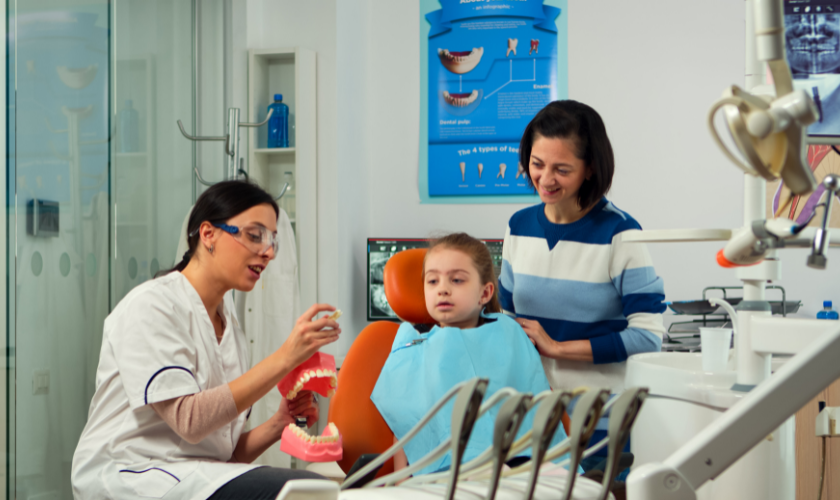
Top 5 Tips for Choosing the Right Pediatric Dentist
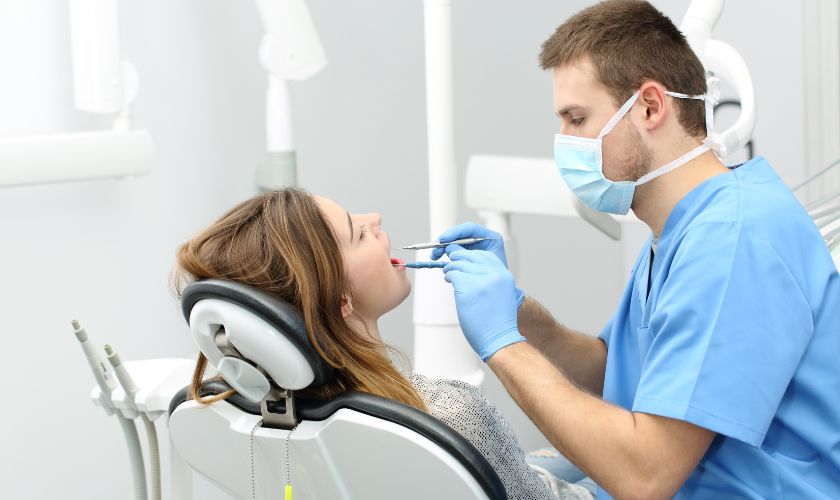
Dental Emergencies: Don’t Suffer in Silence, Get Fast Relief
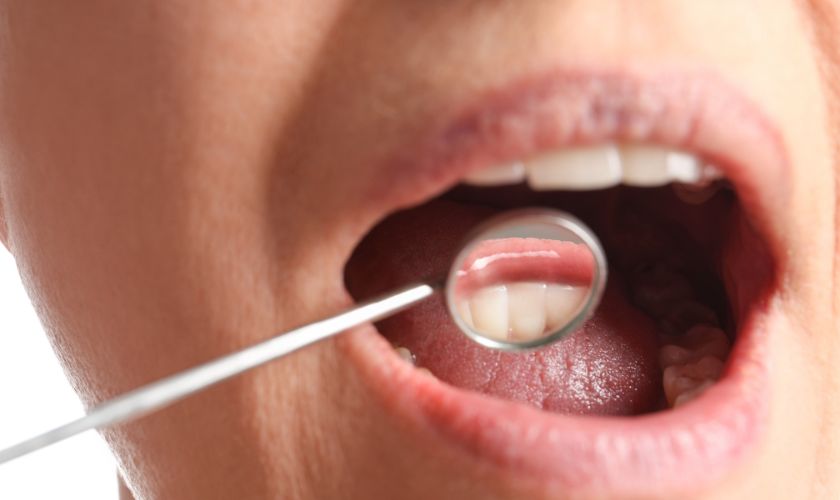
Oral Cancer: Know the Signs and Symptoms for Early Detection
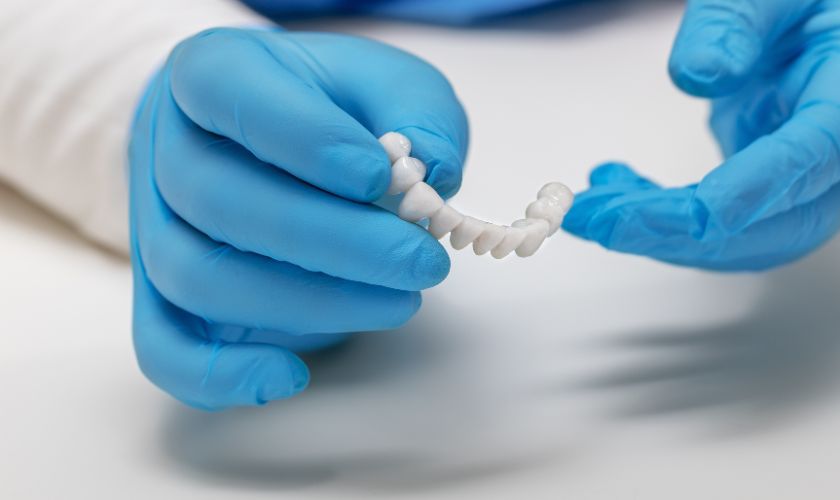
Understanding the Role of Dental Crowns in Oral Health
